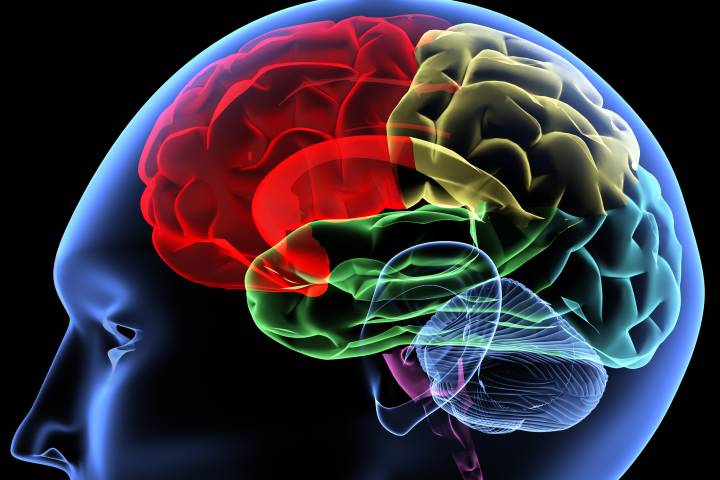If you’re always losing things, restless at work or getting flack from friends and family for not paying attention, there’s a chance there’s more to it than mere distraction.

It could be Attention-deficit/hyperactivity disorder (ADHD).
ADHD doesn’t just occur in children, new research suggests adults who did not have ADHD in childhood can develop the condition later in life.
READ MORE: 43% increase in ADHD diagnosis in U.S. children and teenagers
And it can have a severe effect on an adult’s life, according to Dr. Doron Almagor, chair of the Canadian ADHD Resource Alliance (CADDRA).
A pair of new studies examine ADHD in adults, both with similar conclusions: Late-onset ADHD is not necessarily a continuation of childhood ADHD, and it can be distinctly different in adults as it is in children.
The studies, Attention-Deficit/Hyperactivity Disorder Trajectories From Childhood to Young Adulthood and Evaluation of the Persistence, Remission, and Emergence of Attention-Deficit/Hyperactivity Disorder in Young Adulthood were recently published in the journal JAMA Psychiatry.

Get weekly health news
ADHD is a mental illness that affects the way you act and focus, the Canadian Mental Health Association (CMHA) states. And “it’s becoming more common for teens and adults to be diagnosed with the illness.”
The illness can cause inattention, hyperactivity and impulsive behaviour. For children it is seen as a barrier to doing well in school, but for adults, who tend to contain their hyperactivity, the effects can be devastating.
“Maybe adults will get a speeding ticket, maybe they’ll act impulsively, maybe their job performance will be affected,” Almagor said.
He says it could even lead to someone losing their job.
ADHD affects about four per cent adults; however, diagnosis is less likely as some health care providers have less training in recognizing it in adults.
“It’s still something that’s widely unrecognized,” Almagor said.
He believes that’s due to a general underservicing of mental health needs in Canada – an area which has seen lots of development as many initiatives have been trying to raise awareness in recent years.
CADDRA is currently working to help physicians and the general public become more knowledgeable about adult ADHD, Almagor told Global News.
Those with ADHD often treat their symptoms with counselling, medication, and forms of self-care such using notes, keeping a consistent schedule, and getting enough sleep.
Almagor said if you think you could be affected, you should contact your family doctor.
WATCH: Edmonton clinic focuses on treating ADHD






Comments